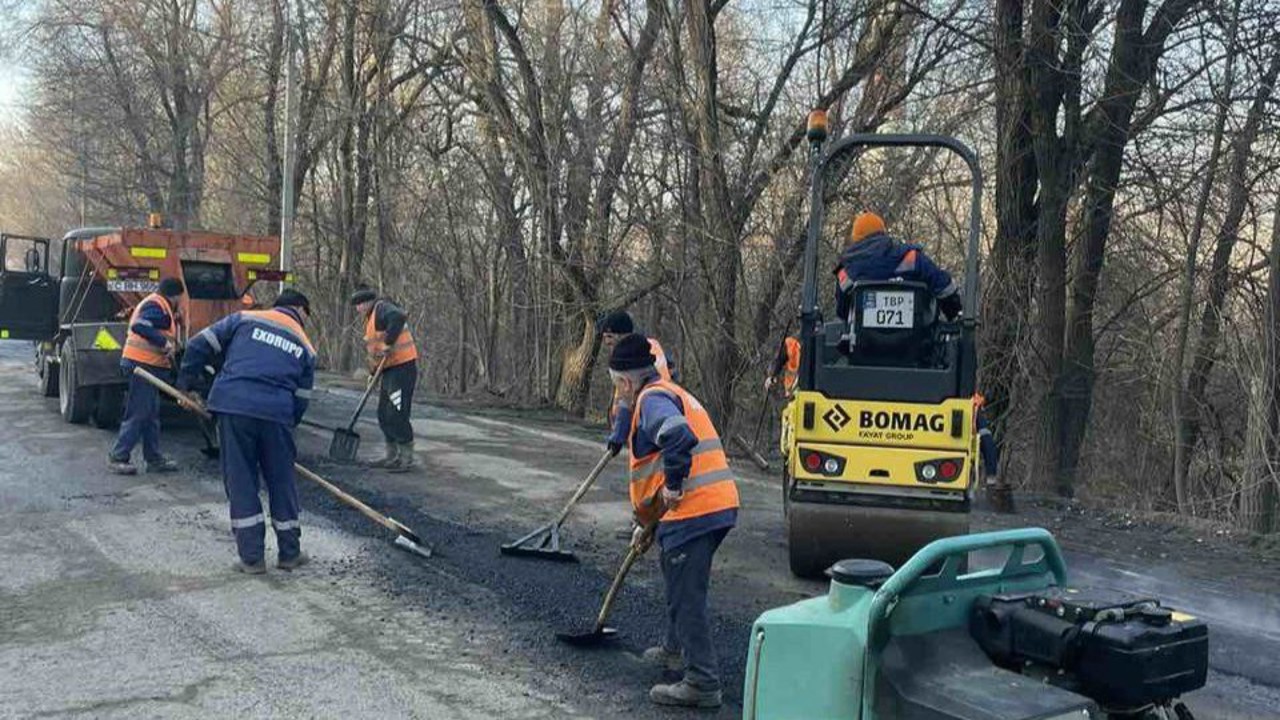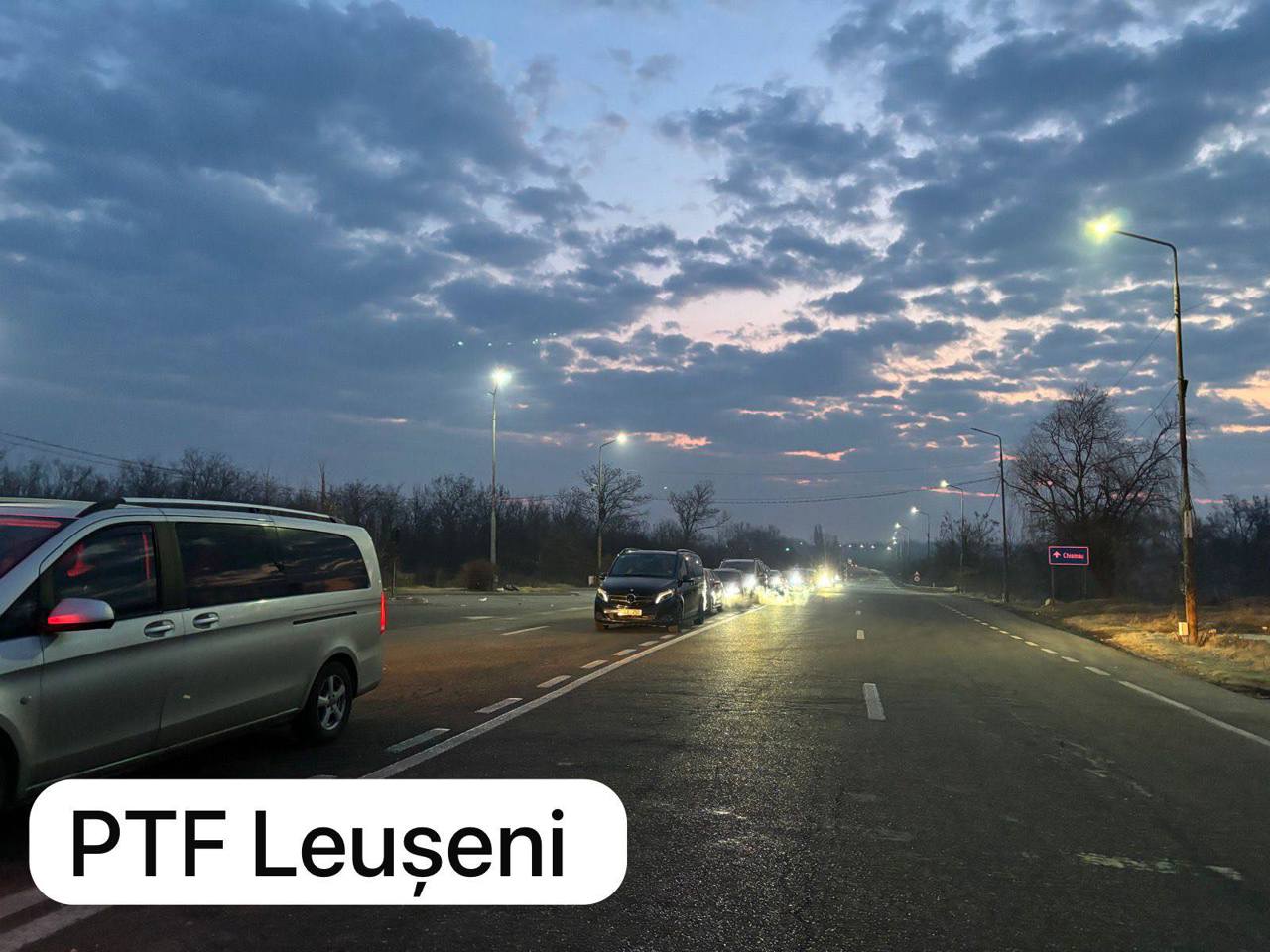Moldovan Press Review // Investigation: Withdrawal of 48 billion rubles from Russia by Platon, Plahotniuc and Usatîi
The main press headlines are the EU sanctions imposed on Gagauzia, the intensification of attempts to corrupt voters in the context of the presidential elections and the referendum, and the accusations against Veaceslav Platon, who is accused of withdrawing more than 48 billion rubles from Russia through a scheme coordinated with Vladimir Plahotniuc and Renato Usatîi.

Ziarul de Garda reports that the state agency of the Kremlin, Ria Novosti, has published information about the controversial businessman Veaceslav Platon, who is currently in London and is being tried in several cases in the Republic of Moldova. According to the Russian Ministry of Internal Affairs, Platon is accused of withdrawing more than 48 billion rubles from Russia. The quoted source also writes that all the crimes would have been committed through a complex scheme, controlled by Platon together with his accomplices, among whom are Alexander Korkin, Vladimir Plahotniuc and Renato Usatîi. Previously, Platon was convicted in absentia for creating and leading an international criminal association, as well as for withdrawing more than 126 billion rubles from the Russian Federation, using the Moldovan bank Moldindconbank, to which he is connected through illegal foreign exchange transactions.
The leadership of the Gagauz Autonomous Region was sanctioned by the European Union, according to information published by tv8.md. The decision was adopted by the EU ambassadors, following the approval by the European Council of a new framework of sanctions against those considered responsible for the attempts to destabilize the Republic of Moldova. The list of sanctions was extended with five more Moldovan citizens, including the mayor Evghenia Guțul, her deputy Ilia Uzun and councillor Mihail Vlah. Those included in the list face a ban on travelling to the EU, and if they have assets in member states, they will be confiscated, said the head of European diplomacy, Josep Borell.
Political analyst Nicolae Negru explained the reasons why Tiraspol intends to open polling stations to participate in the referendum, according to an editorial published by Ziarul Național. Negru states that the FSB activated pseudo-unionist and pseudo-European agents in the fight against the referendum, trying to convince the citizens that participation is irrelevant and that, in case of a favourable result, the Republic of Moldova will lose its "sovereignty of the Constitution" and come under foreign administration. In contrast, constitutional law expert Nicolae Osmochescu dismantled these fake claims. Negru pointed the example of Brexit, stressing that no one is forced to stay in the European Union against their will.
Also, the de-facto leader of the Transnistrian region, Vadim Krasnoselski, said that Tiraspol will not prevent residents of the left side of the Nistru who hold Moldovan passports from participating in the presidential elections in the Republic of Moldova and in the referendum on the country's accession to the European Union, reports IPN. Krasnoselski emphasized that there will be no restrictions for those who want to cross the so-called border to vote, thus ensuring free access of citizens to the electoral process. Attempts to corrupt voters are intensifying in the run-up to the presidential elections and the October 20 referendum, warns expert Ion Tăbârță, Radio Chișinău writes. According to the analyst, these actions are aimed at diverting the European path of the Republic of Moldova and bringing the country back into the sphere of influence of the Russian Federation. Tabarta emphasizes that the Şor group plays a crucial role in this strategy, trying to influence the vote of Moldovan voters through various methods.
He states that this move is part of a larger plan, aimed at destabilizing the pro-European orientation of the Republic of Moldova and facilitating the return of the country under the influence of Moscow. The expert calls for vigilance on the part of the voters and the authorities, to counter these attempts at electoral manipulation, emphasizing the importance of an informed and conscious participation in the electoral process.





